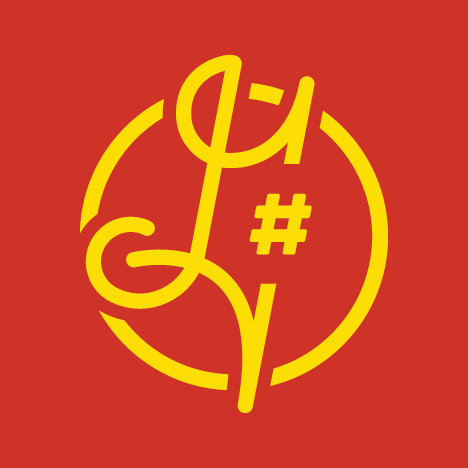How John Prine Reshaped My Creative Thinking
John Prine passed away on 4/7/20 at the age of 73. Like all his fans and admirers, I’m devastated but grateful for his legacy. He was on a shortlist of individuals who significantly impacted my approach to creativity. I’d like to share a few words on the impact John Prine has had on my life.
***
I started writing songs when I was about 15. The songs I wrote at that age were all terrible, and mercifully I can’t remember any of them save for one called “Black Glass Blues”. Lyrically, it was an onslaught of cliches about a pained and angst-ridden existence compounded by a foreboding sense of doom.
Let me be clear about something: I high-schooled in suburbia. My house was on the eighth green of a private golf course. I wrote that song on a Gibson Les Paul my dad bought me. While these circumstances don’t preclude someone from feeling pained or angsty, I simply wasn’t. I was a generally happy kid with zero edge. This is still true, actually. I’m a joke-cracker with no discernible mystique. I’m fidgety and prone to rambling. This is as true now as it was back then. “Black Glass Blues” was a paint-by-numbers stab at writing a “cool” song and the result sounded very much like the product of a teenage suburban tryhard.
“If you write from your own gut, you'll come up with something interesting, whereas if you sit around guessing what people want, you end up with the kind of same schlock that everybody else has got.” This is a John Prine quote--you’ve probably seen it a few times today already. Advice I could have used as a budding songwriter.
Alas, at the time I had no idea who John Prine was. It took a few years of musical discovery before I bought one of his records, his self-titled 1971 debut. It was my junior year of college, and I’ll never forget the first time I heard the wordplay that ended the opening track, “Illegal Smile”:
“I’m just trying to have me some fun,
Well done, hot dog bun, my sister’s a nun.”
—”Illegal Smile”, John Prine
Since the day I heard my first Zeppelin song, I’d been programmed to think song lyrics should be defined by larger-than-life romanticism. Now I’ve got this nasally-voiced guy babbling nonsense about hotdog buns. What’s going on here?
Prine didn’t sing like a golden god or a mysterious cowboy. He usually sang like a gas station manager passing the time while restocking the Bugles. His words weren’t mystical or epic, they were often silly and playful. “Blow up yer TV! Eat a lotta peaches!”
In truth, it took some time for me to embrace Prine’s everyman style, but I can say with confidence that his songwriting reshaped me as a creative person. He proved to me that you shouldn’t flex out of your own personality to make your art. There are plenty of brooding, cool-guy musicians out there and if that ain’t you, brother, just lean the other way.
I’ll always associate John Prine with joy, validation, and encouragement. I can’t count the number of times I’ve thought, “What would Prine do?” But I’ve never thought that in the spirit of mimicry; it was always about embracing his playbook. Do what works for you, and do it with resolve and passion. Some people won’t get it, and that’s okay. The ones who do will love you for it.
Postscript
I saw John Prine in concert once, almost six years ago. It was one of the most joyful nights of live music I’ve ever experienced. The night ended with Prine, joined by a bevy of musicians—including the show’s opener, a then-ascending Jason Isbell—performing what is arguably his most beloved tune in “Paradise”.
If you aren’t familiar with John, it’s understandable as I don’t think he had radio hits (although Bonnie Raitt brought his “Angel from Montgomery” into the mainstream consciousness). But for anyone interested, “Paradise” is a great place to start.
